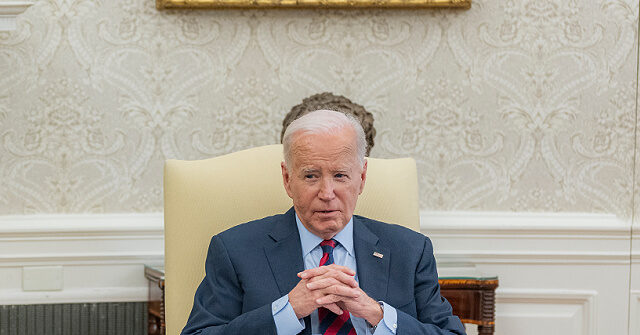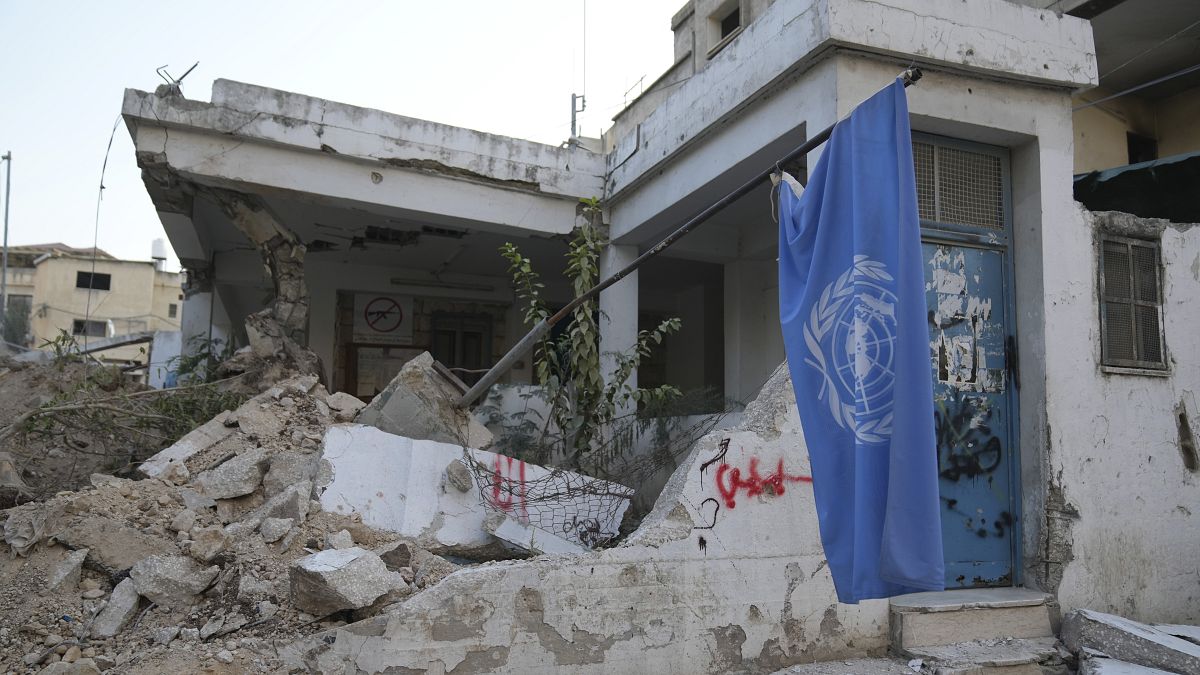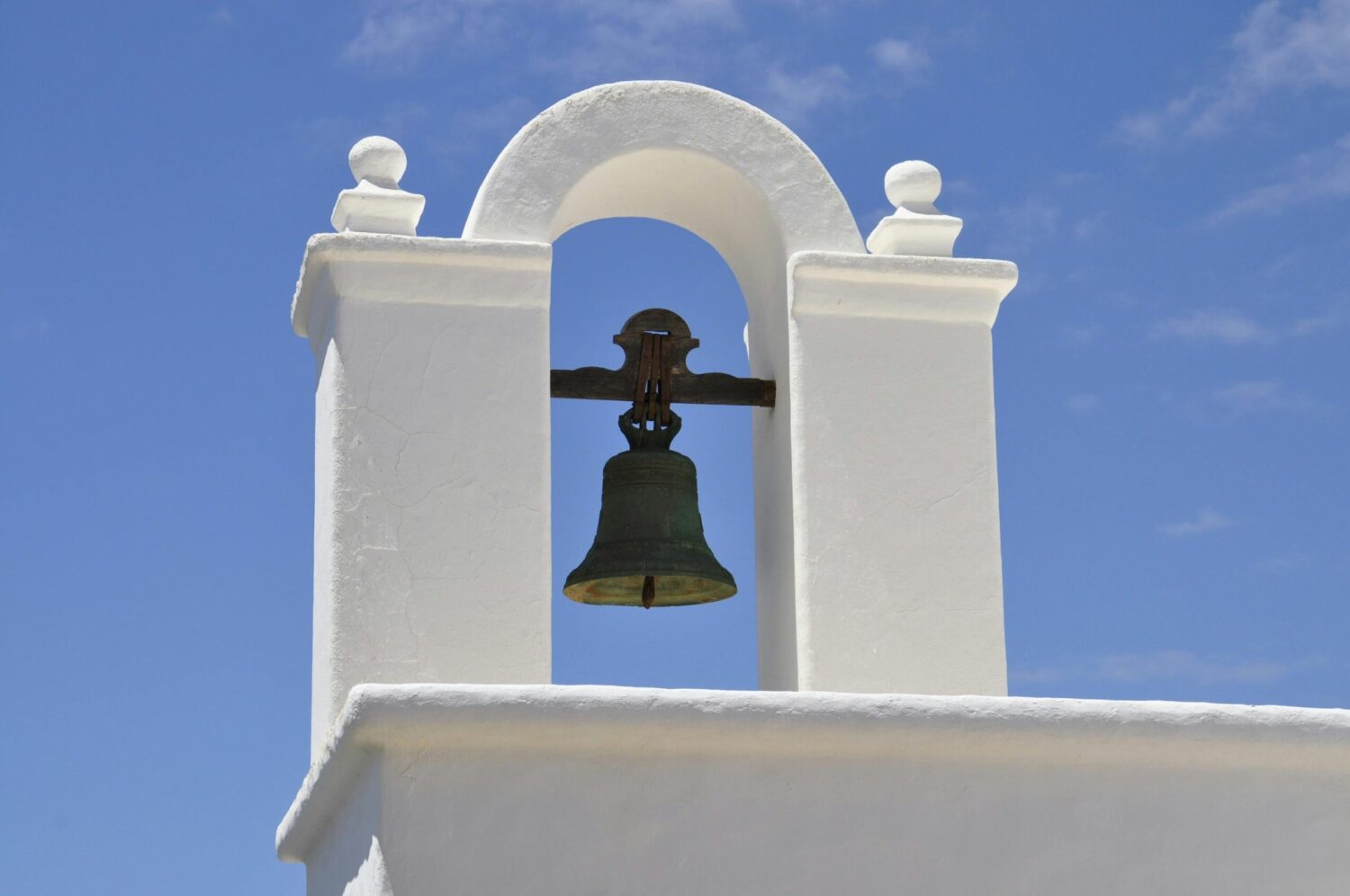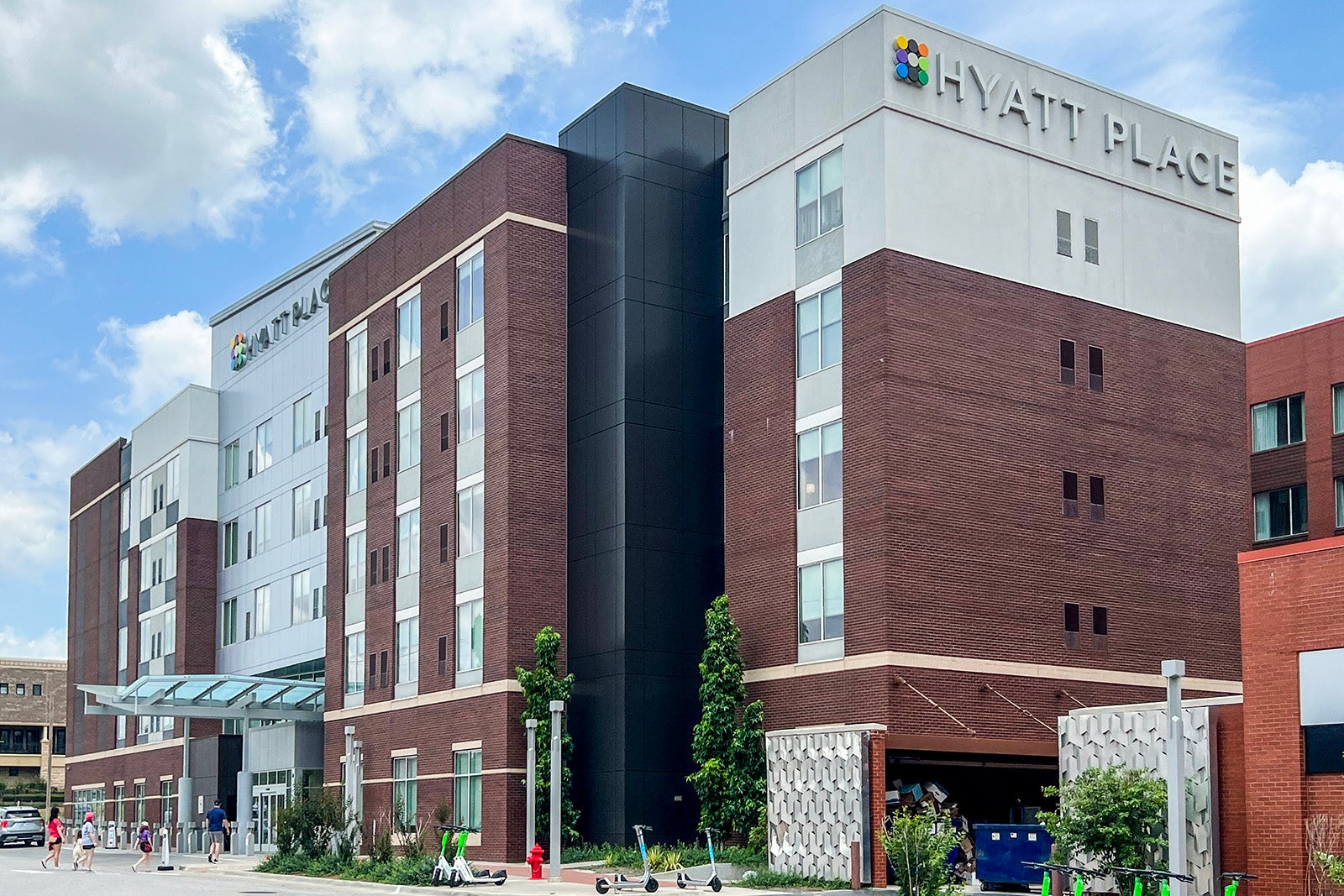Belgium, (Brussels Morning Newspaper) A major conference has heard that while the recent earthquake in Türkiye had caused about $34 billion in direct physical damage the total reconstruction and recovery costs could be twice as high. In what has been called the “disaster of the century” thousands of buildings suffered serious damage.
These include schools and health care facilities and other public infrastructure such as roads, airport, ports, oil terminals, electricity lines, water provision and sewage.
The southeast region, most affected by the quake, also has a sizeable manufacturing sector, albeit smaller than Türkiye’s northwest, and this too was impacted.
A high level panel brought together European and Turkish officials and experts to discuss the recent tragedy and the way forward.
It also heard that a staggering €6billion was raised for the relief effort in just two weeks from donations from citizens in Türkiye.
In the panel discussion in the European Parliament on Monday (13 March), the main keynote speaker Fahrettin Altun, head of media and communications in the Turkish presidency, said Türkiye appreciated EU support and solidarity and looks forward to further assistance in relief and recovery for earthquake survivors.
Polish MEP Ryszard Czarnecki, chair of EU-Turkish Friendship group, said in an opening address that the issue demanded “great urgency” and was a reason he welcomed the event which is a n important and timely debate.
He said, “We are united in our commitment to supporting the people of Türkiye and Syria who have been affected by these devastating quakes which were an unprecedented disaster. The EU and member states, including Poland, acted quickly which proved very effective in saving lives and the EU and stands ready to provide humanitarian and financial assistance to the region.
“This conference brings together experts to discuss the situation and identify those areas where aid is most urgently needed and to find solutions to the many challenges faced by the victims so that we can help build a brighter future for them.”
It would, he said, that “multiple,innovative and effective solutions” to meet these challenges.
“As MEPs we understand critical importance of solidarity in times of crisis and to support those in need.”
He added, “This is an urgent humanitarian crisis but, together, we can make a difference.”
Further comment came from Onur Erim, former Chief Advisor to Ankara Municipality and chairman of Dragoman Strategies, who described the event as “important and not just for Türkiye but “because it can pave a path for rest of the world in coming together in times of need.”
He said, “We have maybe forgotten the value and importance of nations reaching out to each other in desperate times.”
He said that on February 6 most of southern Türkiye woke to a devastating quake. “In 9 hours this quake was the worst in recorded history.”
He recalled the 1999 quake in Türkiye “when people don’t know what to do.
“This time around the necessary bodies seemed organised and reacted timely despite the size of the quake. Help came from countries that have good and not so good relations with Türkiye.
“Everyone pitched in and did the best they could.”
He said that some had lost entire families, not just mothers, wives or siblings and the cost of damage caused is estimated at €100m.
“We saw a good relief effort initially but for people to be able to live in safe and sound conditions in what is a region the size of Bulgaria there needs to be a lot of rebuilding and quickly.”
“Citizens in Türkiye have been doing a lot. A citizen donation campaign in the 1999 quake raised €160m in three months but this time citizens in the country have raised €6billion in just two weeks.”
“As big as this figure seems, it is still just a drop in the ocean.”
“The aim now is to make sure people in this area have a safe, sound place to live and that is why the donors conference in Brussels this month is not only a good gathering but also for solidarity in Europe. As the most Eastern neighbour of the EU I am sure Europe will show the necessary solidarity with Türkiye just as Türkiye has shown for her European neighbours.”
He said some 15m people have been directly affected and, as such, his message was: “Please help the people from the stricken area to safely live in ther homeland.”

This is needed “regardless of any differences between Europe and Türkiye. In times of need like this we can get together and this should be a good path for us – Türkiye and Europe – to all work together.”
In a Q&A session, he pointed out that President Erdogan had announced a “massive” rebuilding programme to redevelop as many as 10 cities within a year, adding, “This is the right approach and I expect solidarity with the EU, including the EU Parliament on this.I hope Europeans and other nations take this – the rebuilding – as a good example (of what is being done).”
“It is sad that we need tragedy like this to remind us of the value of solidarity but that may be the only way. God has a way of reminding us of this so we should take this as an opportunity to move forward. It is a good reminder of the importance of dialogue.”
He added that his country had made an international call for aid when realised the size of the quake and this resulted “in a response from everyone, including from Greece and Armenia.”
He was applauded by the packed audience when he noted, “People were not thinking of whether we have good or bad diplomatic relations with my country and the rest of the world can learn from this.”
However, he added a note of caution saying that despite that the huge global aid effort is still “not nearly enough.”
The closing remarks were given by Fahrettin Altun, Director of Communication, Türkiye Presidency, who outlined in detail the huge rebuilding effort now underway in his country and said that, even now, “it is difficult to grasp what has happened.”
He also praised the aid from citizens in other parts of Türkiye and also from overseas countries, sometimes via donations, adding, “Even people with no ties to this particular region have been deeply wounded by this.”
He said that over the past 20 years his country had “taken my steps” to prepare for such a disaster and the quality of construction in schools, hospitals and other public building has improved over that period.
He said, “We have tried to transition from crisis management to risk management.”
He recalled the devastating quake in 1999 which, he noted, had killed 17,000 and destroyed 3,000 buildings.
“This was a turning point: we realised then that we have to move from crisis management to risk management.”
Legislation which paved the way for the necessary reforms was adopted in 2009, he said, adding, “we have now expanded the state capacity to act in such circumstances.” He added that 98 per cent of buildings damaged in the 1999 quake had now been rebuilt and the aim was to do the same now, together with an “eco-friendly approach” to the reconstruction.
Turning to the current crisis, he said that “despite the scale and magnitude” of the quakes last month, the new approach to preparing and mobilising to such disasters had “saved 1,000s of lives.”
He said some 3.7 m people had been evacuated from their homes and 2m had been found accommodation in temporary places such as tens and container homes. A total of 1.7m buildings had, so far, been inspected, he added.
He also hit out at “fake news” that was spread soon after the quake struck, saying, “This disinformation was quite baseless.”
He pointed out that Türkiye had provided accreditation to thousands of journalists from all over the world who wanted to visit the country to report on what he repeatedly called the “disaster of the century.”
But, despite this, “baseless rumours” were soon disseminated on social media after the quakes hit which, he said, was an attempt to “prevent the effective use of resources.”
He went on to reserve special praise for NGOs and other groups which had gone to “extraordinary” and “amazing” lengths to help “heal wounds” caused by the tragedy.”
These, he said, had helped provide 122m hot meals and established 400 mobile kitchens in the affected areas.
He said, “This tragedy has sent shockwaves around the world and we are very grateful to all who have provided support and aid. Disasters like this can have a global impact and I welcome the donors’ conference in Brussels next week which we attach great importance to. We may have our disagreements from time to time but we are happy to see just how many friends we have.”
“I also hope that events such as this meeting today in the EU parliament can pave the way for future friendships.”
The aim of the parliament debate was to create a platform for multilateral dialogue between the EU and Türkiye to improve cooperation, strengthen solidarity, identify immediate humanitarian needs of earthquakes survivors, raise awareness regarding the current situation in Southern Türkiye and Syria and evaluate the effectiveness of current aid and assistance.
The two hour debate comes just ahead of another important event: a donors’ conference in Brussels on 20 March that will seek to mobilise funds from the international community in support for the people of Türkiye and Syria following the devastating earthquake.
The donors’ conference will help mobilise the international community to deal with the aftermath of the devastating earthquakes.
It will be held back-to-back with the European Humanitarian Forum, co-organised on 20 and 21 March by the European Commission and the Swedish Council Presidency.





















Discussion about this post